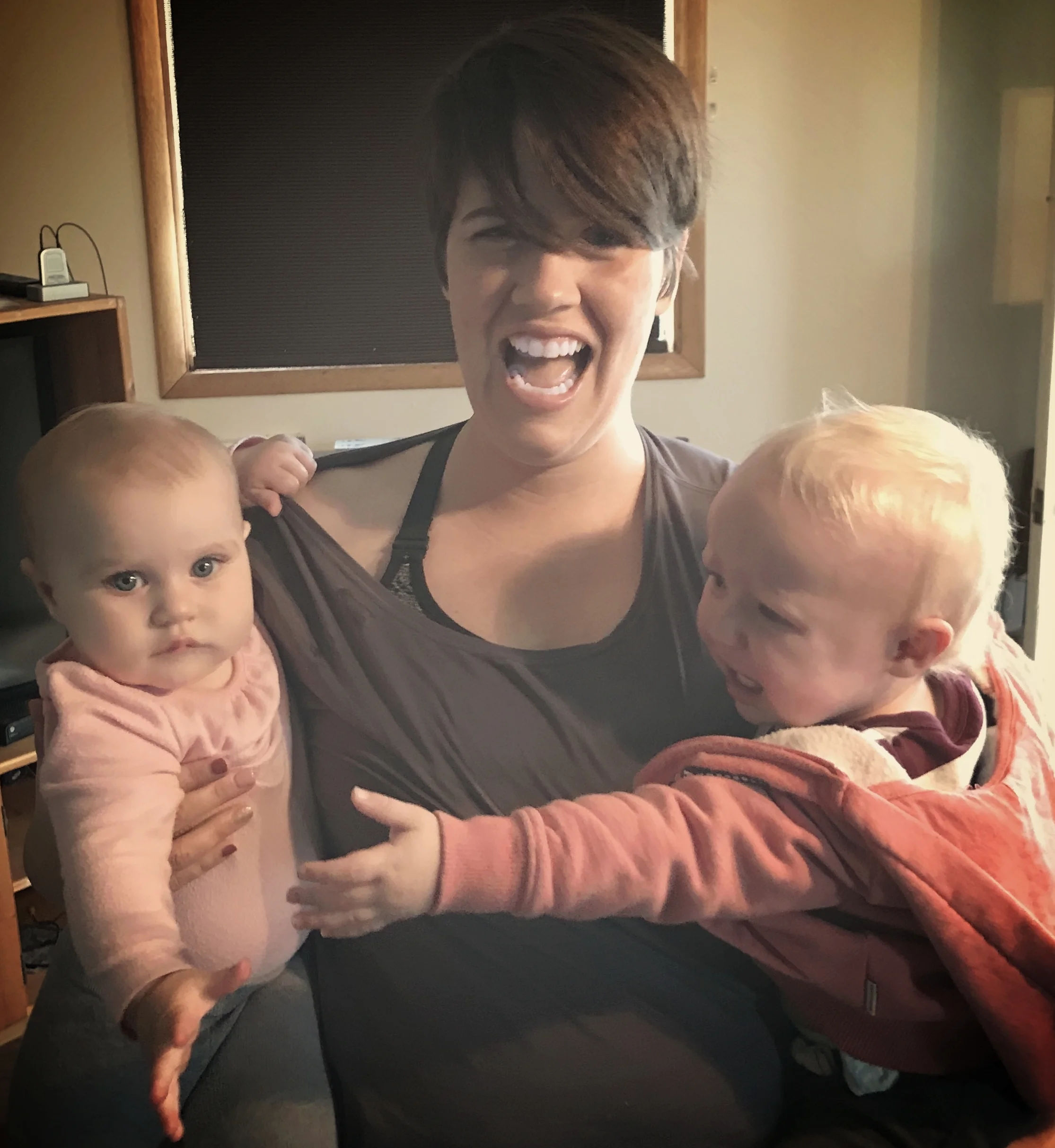May is Speech and Hearing Month
May is Speech and Hearing Month. It’s the last day of May so, like many things, I find myself just under the wire. I am a Speech-Language Pathologist: SLP, Speech Path, Speech Therapist. It’s all the same.
When you think of our profession you might picture us working with pre-schoolers on vocabulary or, more likely, with school-aged children on speech sounds or correcting a lisp. And you’d be right. We do all that. But I am one of many SLPs who works with adults. Adults with communication and/or swallowing difficulties. And I work rurally so I see a little bit of everything - strokes and traumatic brain injuries, neurological diseases like Parkinson’s, MS, and ALS, Alzheimer’s and dementia, head and neck cancers, voice disorders, and stuttering.
It’s a very interesting job. For the most part, I love it. I consider myself fortunate to be able to help people with two such fundamental skills. While it can be rewarding, it can also be draining, and it can be sad. It’s the rare case, where I see someone for a “simple fix” - some difficulty with word finding after a stroke or a hoarse voice that just needs a little more water or a little less yelling. More often, it’s a complex problem that requires a lot of time and hard work to figure out and work toward solutions. Sometimes there is no solution. People aren’t always going to get better. That’s when we look at compensation - maybe thickened fluids or blended foods for swallowing problems, training family, friends, or staff to use strategies that support communicating, or using alternative communication methods like pictures or technology.
SLPs are part of the allied health team, health care professionals distinct from nursing, medicine or pharmacy. I once had a manager who was not an allied health professional, ask me rather disdainfully, “What do you even do?” Sidenote (and just in case anyone from work is reading this): I have a great, supportive manager now! I don’t remember how I responded, but I’m sure it was lame and overly simplified. So here’s what I wish I would have said:
We help. We help people to communicate. To understand. To express. To recover their voice. To find their words. To say, “I love you.” To read a grandchild a story. To go out for coffee with friends. Make a phone call. Fill out a form. Go to the bank. Return to work.
We educate. We educate patients about their new reality. We educate family and other healthcare professionals on strategies to make eating and drinking safer or to communicate more effectively. Hopefully we have a little time to educate our communities. To explain what aphasia is. FYI, aphasia is a language problem that masks a person’s inherent competence, and most dramatically affects conversational interaction (talking and understanding), as well as the ability to read and write.1 To differentiate between aphasia, dysphasia, and dysphagia. I know, right?
We advocate. We get on our soapboxes and promote communication access as a human right. We support businesses and organizations in making services accessible to people with communication disabilities. We talk about the fact that over 440,000 Canadians have communication impairments and that aphasia is more common than Parkinson’s disease. We encourage our patients to advocate for themselves. To tell their friends about their communication difficulties - what helps and what doesn’t. To carry an “aphasia card” in their wallet. To give a short talk at their church or the legion.
We liaise. We work in teams with Physiotherapists, Occupational Therapists, Therapy Assistants, Dietitians, nurses, physicians, recreation. We work closely with families. With Long Term Care and supportive living facilities. With volunteers. The list goes on.
We celebrate. We celebrate small victories. We clap and whoop when a patient writes their phone number correctly or uses a strategy that we’ve been working on in therapy without any prompting from us. We talk about all the things our patients are still able to do. When they’re having a rough day, we even make a list.
We mourn. We mourn when we have to share bad news. Tell a patient that it isn’t safe for them to eat, that they may need a long-term feeding tube. We mourn when things don’t get better. When there is depression and hopelessness. We go to funerals. Give our condolences, wipe our tears, and check our make-up in the rearview mirror before heading back into work.
We sit with people. With the patient who valiantly tries to read his favourite poem with clear speech and his loud voice. We sit with him when his voice breaks and tears trickle from the lined corners of his eyes. When we don’t know what to say. When the cancer is deemed terminal. When there is nothing left to say. We sit with people and silently pronounce, “I see you. I hear you. I’m here with you.”
1Kagan, A. & Simmons-Mackie, N. (November 2013). From My Perspective: Changing the Aphasia Narrative. The ASHA Leader, Vol. 18(11), 6-8.




